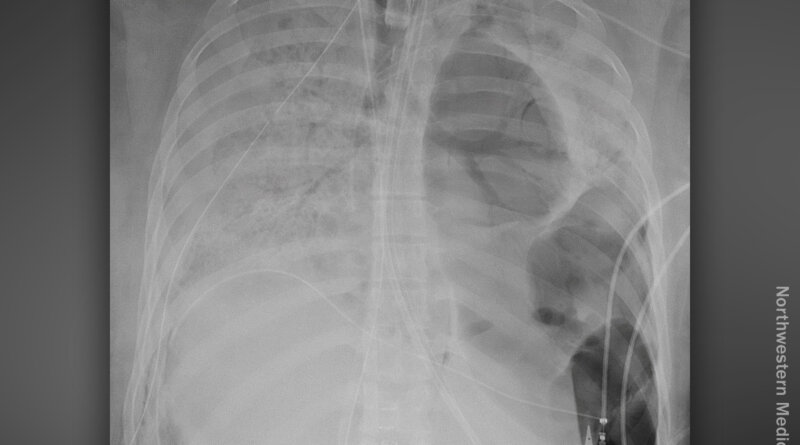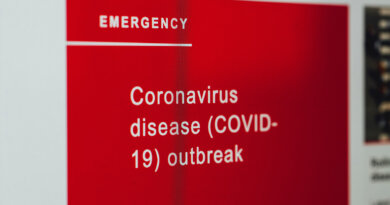Many COVID Patients Get Useless Antibiotics: Study
Those numbers are, however, from earlier days. And things are likely different now, according to Clancy, who is also chief of infectious diseases at the VA Pittsburgh Health Care System.
Nori agreed, and said that since the study period, antibiotic use at Montefiore has “reset” to more typical levels.
With this report, Nori said, one goal was to document what happened during the COVID surge. “If it happens again, let’s not be so ubiquitous with our antibiotic use,” she said.
Beyond that, Nori added, “if hospitals in other states can benefit from this experience, that would be huge for us.”
That does not mean COVID-19 patients should never get antibiotics before tests confirm a bacterial infection.
Clancy said that “some empiric use” of the drugs will continue in hospitals. Empiric means based on doctors’ clinical experience; in some cases, he said, it is reasonable to give antibiotics to a seriously ill patient before test results are in.
But if those results turn out to be negative, Clancy added, antibiotics should be stopped.
The main concern with unnecessary prescribing is that it will feed antibiotic resistance — where bacteria develop defensive strategies against the drugs that kill them. And in this study, Nori’s team found that even in a short time frame, certain bacteria isolated from patients harbored signs of increased resistance.
Antibiotic resistance is already a huge problem in the United States, Clancy said.
Each year, almost 3 million Americans fall ill with antibiotic-resistant infections — and more than 35,000 of them die, according to the U.S. Centers for Disease Control and Prevention.
Now, Clancy said, there is a “major concern” that antibiotic overuse during the pandemic could fuel the problem.
But it’s actually antibiotic misuse outside of hospitals that is the bigger threat, he noted.
Many people, Clancy said, want an antibiotic when they are miserably sick — often unaware the drugs cannot kill viruses.
“Don’t go to the doctor expecting to get an antibiotic,” Clancy said. “If you’re diagnosed with COVID-19 and you don’t get an antibiotic, your doctor is doing the right thing.”
WebMD News from HealthDay
Sources
SOURCES: Priya Nori, M.D., assistant professor, medicine, Albert Einstein College of Medicine, medical director, Antibiotic Stewardship Program, Montefiore Medical Center, Bronx, N.Y.; Cornelius Clancy, M.D., chief, infectious diseases section, VA Pittsburgh Health Care System, associate professor, medicine, University of Pittsburgh School of Medicine, and spokesperson, Infectious Diseases Society of America, Arlington, Va.;Infection Control & Hospital Epidemiology, July 24, 2020, online





